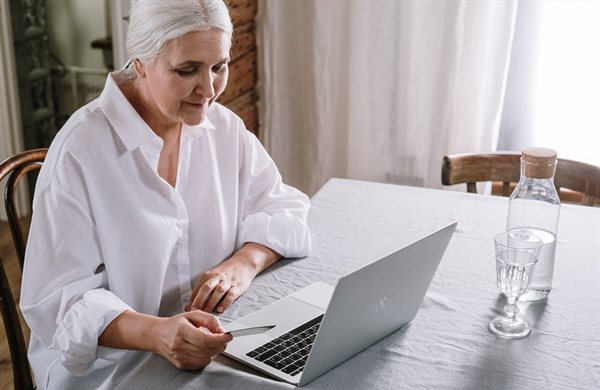Total e-commerce spend recorded on FNB Merchant Services grew 19% year-on-year during the first half of 2021 compared to 2020. During the same period, the active e-commerce merchant base increased by 22%.
Thokozani Dlamini, FNB Merchant Services CEO, says Covid-19 regulations coupled with the country’s varying risk-adjusted lockdown levels have resulted in digital shopping becoming the new normal for consumers and businesses.
Furthermore, the stellar e-commerce growth recorded over the past year confirms the consistent shift in shopping patterns, adoption of new technologies and methods of interaction in the retail and work environments.
Sector performance
The bank provided an overview of key sector performance in e-commerce between January and June 2021 on FNB Merchant Services, compared to 2020:
• Transportation and related services: 46%
• Lodging/accommodations/travel arrangements: -9%
• Retail: 6%
• Marketing/subscriptions: -35%
• Educational services: 47%
• Electronic, electrical and computer: 47%
• Outdoor/recreational: 18%
• Home and office furnishing: 34%
• Restaurants, bars, fast food and related: 36%
• Grocery shops, supermarkets, butcheries, bakeries and related: -8%
Building on the momentum from last year, demand continued to be largely driven by educational services on the back of home-schooling and distance-learning requirements, and electrical and computing equipment.
“Logistics has also become an important component in e-commerce customer experience by ensuring that merchants deliver goods and services to customers in the shortest time possible. As a result, we saw a substantial increase in transport and related services for the first half of the year,” adds Dlamini.
Brick and mortar spending
The risk-adjusted, phased reopening of the economy during the first half of the year has resulted in total brick and mortar spend jumping 28% year-on-year compared to 2020 during the Covid-19 hard lockdown when it was down by -13%. Despite this being a strong recovery, it hasn’t been enough for the brick and mortar sector to fully recover as additional lockdown measures are still impacting the economy.
The active brick and mortar FNB Merchant base has increased 18% over the same period but is only 12% higher than 2019 and justifies to the loss experienced last year as many business sectors were hardest hit.
“With many brands heavily investing in e-commerce, the challenge is no longer just on encouraging consumers to adopt online shopping, but gaining a competitive edge by delivering a personalised, engaging, mobile, efficient, seamless checkout and quick delivery of goods and services,” concludes Dlamini.































